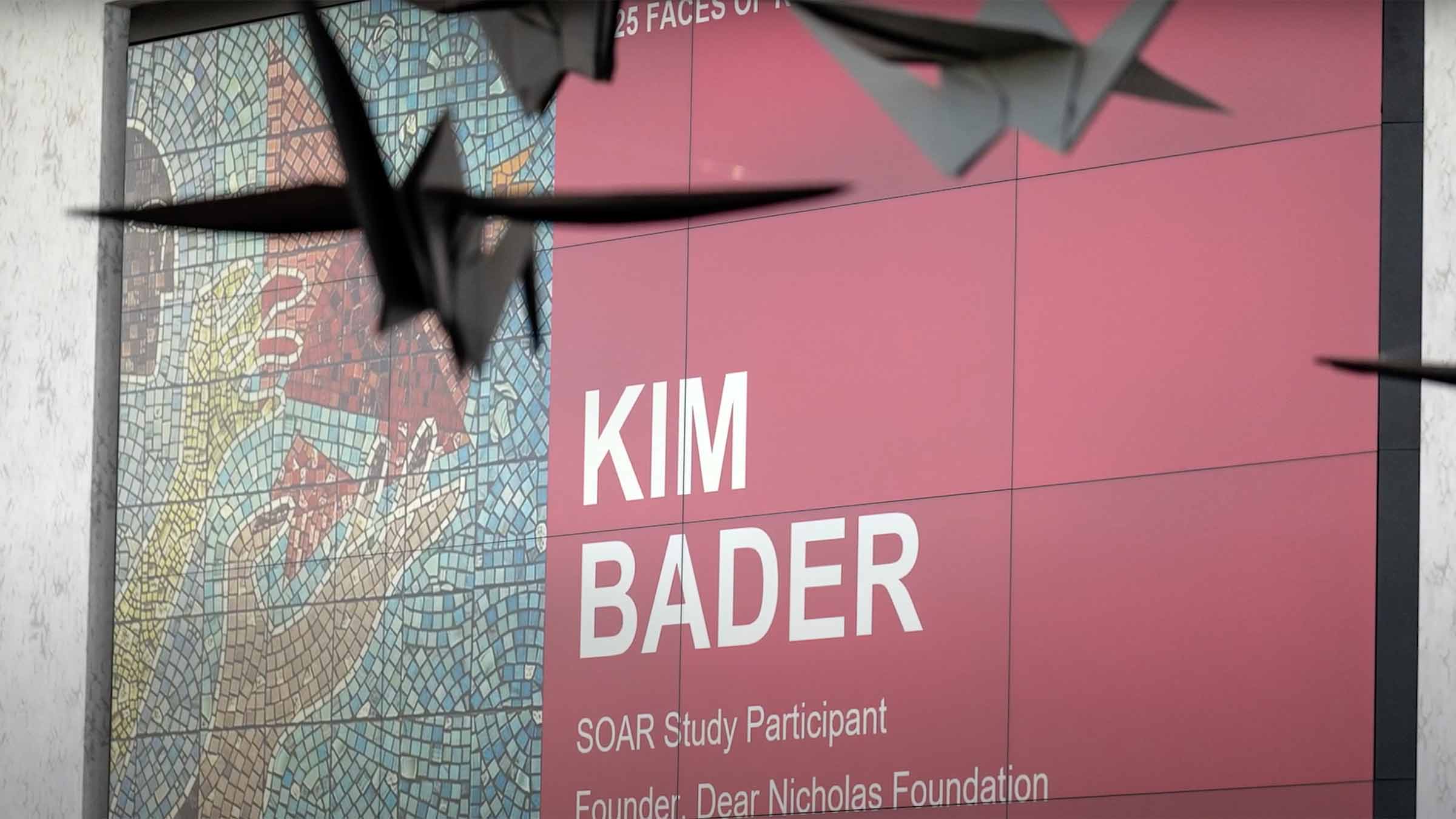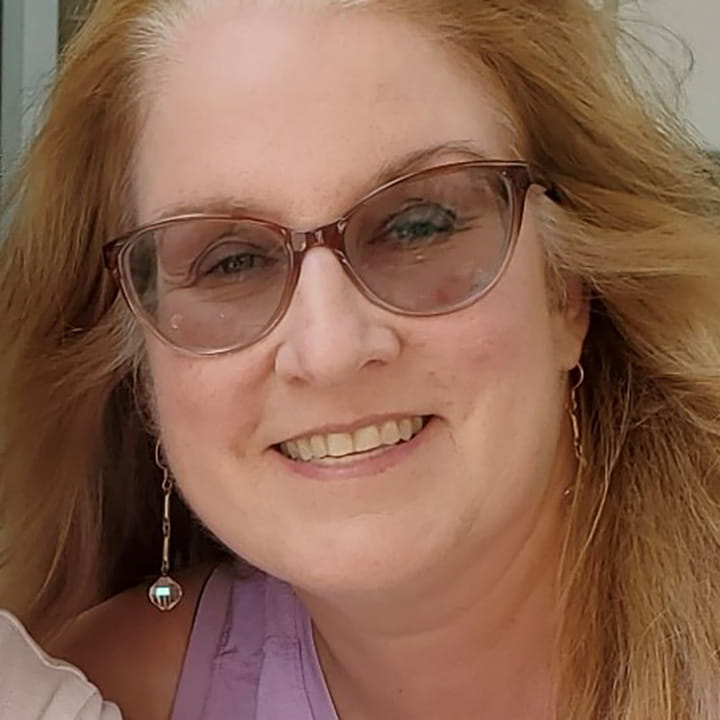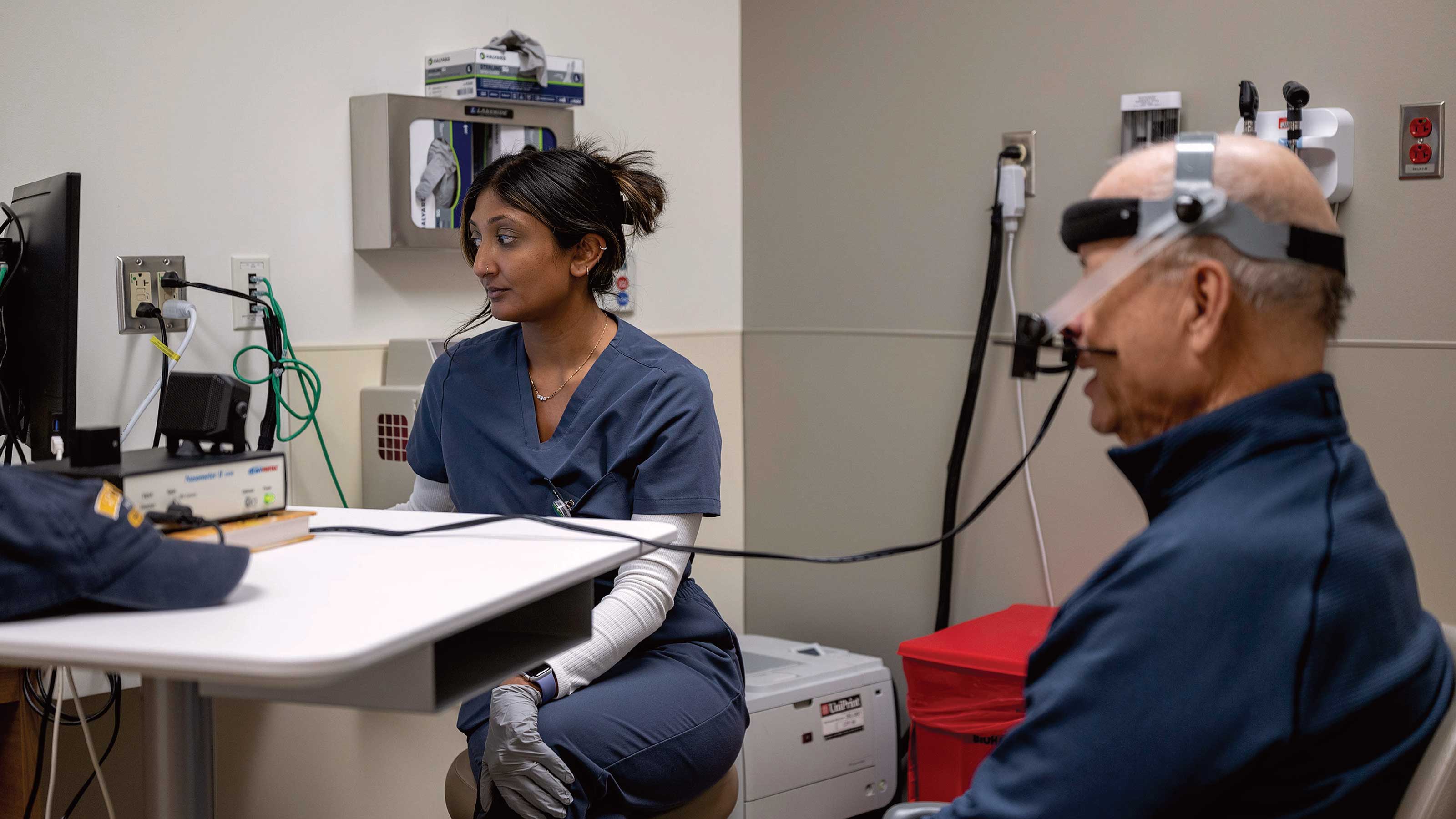Finding light in the darkness of mental health despair
A grieving mother’s mission to promote mental health and suicide awareness after losing her son.
As she stood in front of 200 people attending a fundraising luncheon in Columbus, Ohio, Kim Bader found the courage to share her own personal story of resilience.
“I’m not a doctor or an expert, and honestly, I don’t always feel worthy of standing behind a podium, especially at an event like this. But I do know grief, and I do know love. And I’ve had to come to learn a great deal about resilience. Not because I wanted to — because I had to,” she said.
“My son Nicholas was one of the most beautiful souls you could ever meet. The kind of person who gave his whole heart to making others feel seen, important and loved. But despite all of the light that he brought to others, Nicholas carried his own darkness. He believed he wasn’t enough.”
Nicholas took his own life on June 21, 2019. He was just 24.
As a way to cope with her grief, Bader established the Dear Nicholas Foundation in 2024 in memory of her son. The foundation, based in Lima, Ohio, promotes mental health and suicide awareness by fostering a community where individuals feel supported, empowered and understood.
Through education, advocacy and compassion, its members strive to break the stigma surrounding mental health.

A smile brighter than all the wattage on Broadway
Nicholas was born and raised in Lima. At a young age, he fell in love with the theater and spent his childhood and adolescence entertaining others at the local theater.
After graduating as salutatorian from Elida High School, Nicholas received a BA in theater technology, graduating cum laude from Columbia College Chicago.
He had a dream to work on Broadway, and that dream came true when he moved to New York City to become a production assistant. Working on “The Play That Goes Wrong,” “Rock of Ages” and “Beetlejuice the Musical,” among others, Nicholas seemed so happy, according to his mother.
 “Everyone loved Nicholas for who he was and for how important he made you feel,” Bader says. “His Broadway family described him as having a smile brighter than all of the wattage on Broadway and a heart that held us all in it.”
“Everyone loved Nicholas for who he was and for how important he made you feel,” Bader says. “His Broadway family described him as having a smile brighter than all of the wattage on Broadway and a heart that held us all in it.”
Like so many others left behind after someone dies by suicide, Bader has so many questions, but sadly, no answers.
“What were his last moments? What could have been said? Who received his last hug? Was I his last call?”
For the first couple of years after her son’s death, Bader wrote online tributes to Nicholas on the 21st of each month. As time passed, her writings became more personal about grief and mental health and her deep love for him. She shared photos and memories, heartaches and frustrations.
She would end each message with a personal note to her son, starting with these two words: “Dear Nicholas.”
“People would write to me and say how my vulnerability gave them courage and it helped for them to know that they were not alone,” Bader says. “Nicholas had that courage, too. He spoke openly about mental health.”
An unspoken mental health diagnosis
What many people didn’t know was that Nicholas had been diagnosed with bipolar disorder and struggled with depression, anxiety and self-harm. He didn’t want others to see his struggles. He didn’t want to be judged, Bader says.
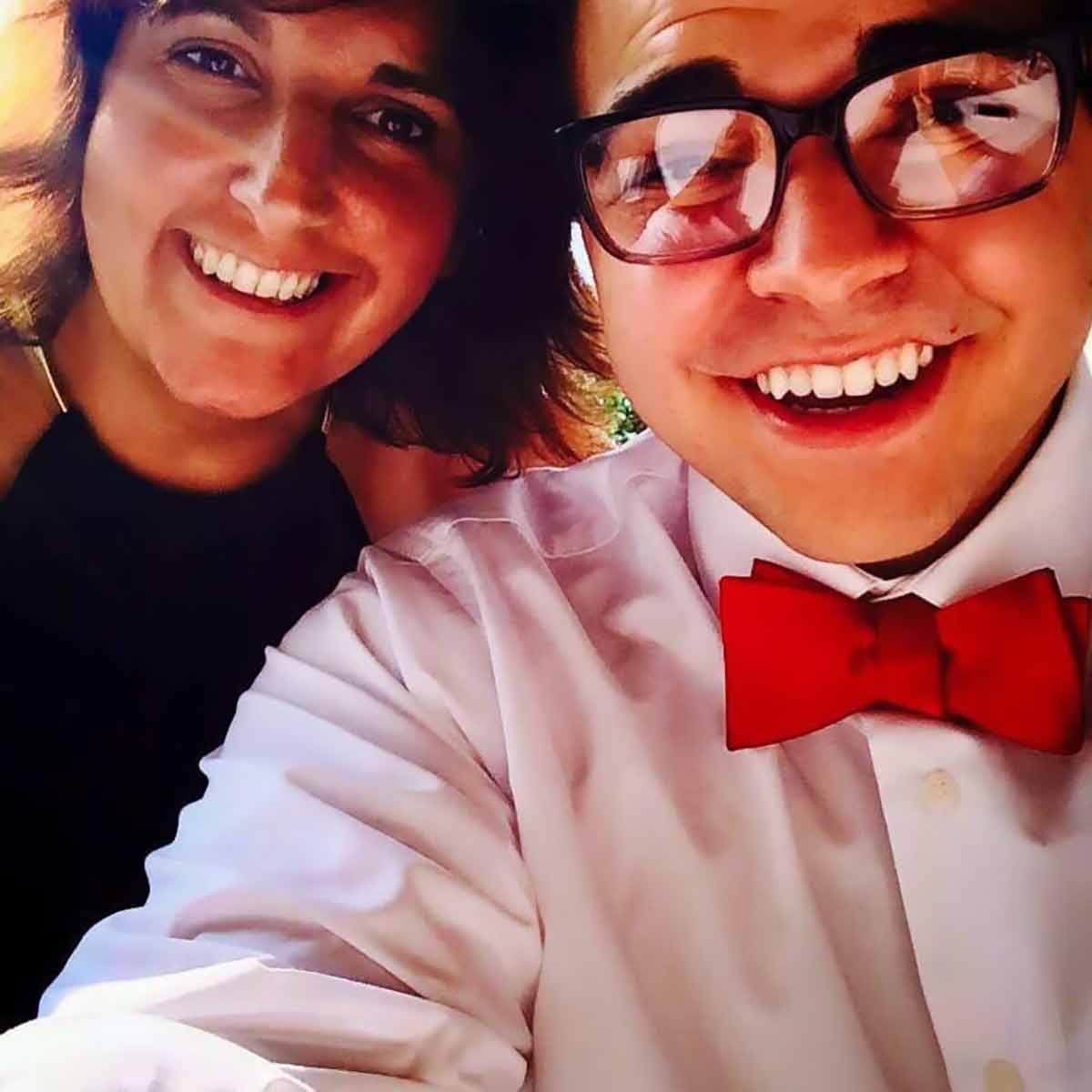 “Being truthful, though, six years ago, people weren’t open about mental health. It was frowned upon. It was a sign of weakness. So, so many suffered in silence. Some still do,” Bader says.
“Being truthful, though, six years ago, people weren’t open about mental health. It was frowned upon. It was a sign of weakness. So, so many suffered in silence. Some still do,” Bader says.
Nicholas once wrote: “It’s time to destigmatize mental illness.”
“He understood something then that many people are only beginning to understand now,” Bader says. “My hope is that as a community, we can be that voice of change.”
Last year, the Dear Nicholas Foundation held an event that raised $7,500 for the local Mental Health and Recovery Services Board of Allen, Auglaize and Hardin Counties in northwest Ohio. The foundation is planning another event next year, Bader says.
A new centerpiece for mental health treatment
Bader openly shares her story at various events, including the Faces of Resilience fundraiser benefiting the Center for Psychiatry and Resilience at The Ohio State University Wexner Medical Center.
The Center for Psychiatry and Resilience is bringing together world-class clinical research leaders and clinicians to improve and save the lives of those struggling with mental illness and addiction.
The center is home to the State of Ohio Adversity and Resilience (SOAR) Study, and to five other national programs committed to discovering new treatments and cures in the areas of suicide prevention, addiction, trauma, depression and early psychosis.
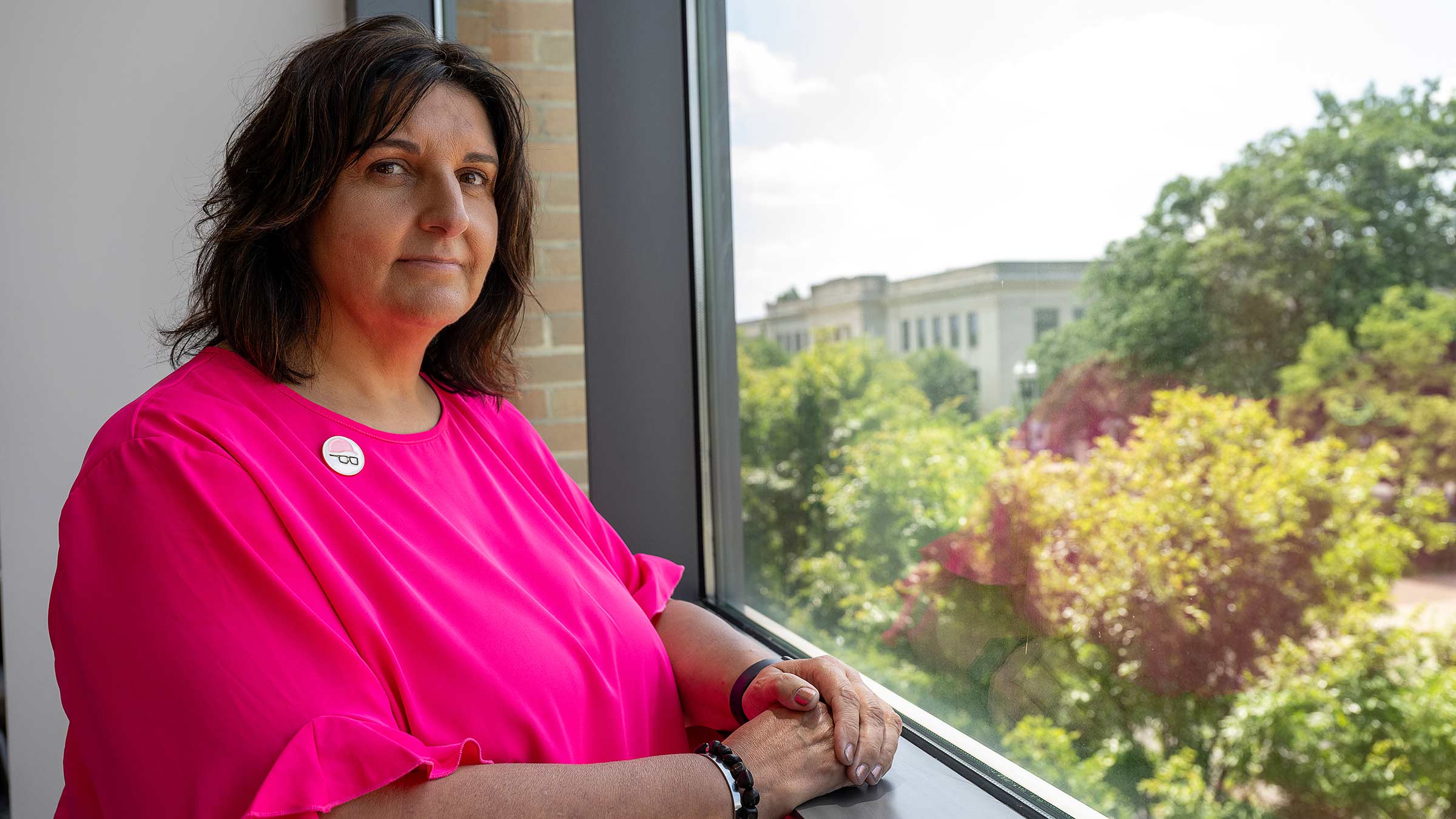
The SOAR Study research initiative, led by the Ohio State Wexner Medical Center, seeks to identify the root causes of the ongoing epidemic of persistent emotional distress, suicide and drug overdose.
“We need to change the way we see, talk about and support mental health. We have to do better, and today is a huge step,” Bader says.
K. Luan Phan, MD, the The Jeffrey Schottenstein Endowed Chair of Psychiatry and Resilience at The Ohio State University College of Medicine, who leads the statewide study, thanked Bader for sharing her story of resilience.
“As a psychiatrist and as a scientist, this is why I’m here,” Dr. Phan says. “Not only for Nicholas, but for many Nicholases across the state, across the country and across the world.”

Your gift sustains a brighter future for Ohio communities
Support innovative psychiatric research and treatment that transforms lives.
Donate now


